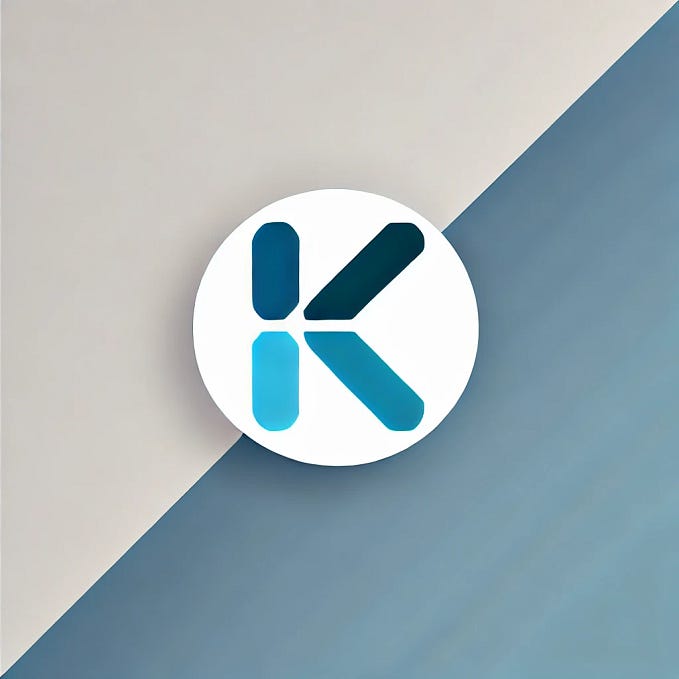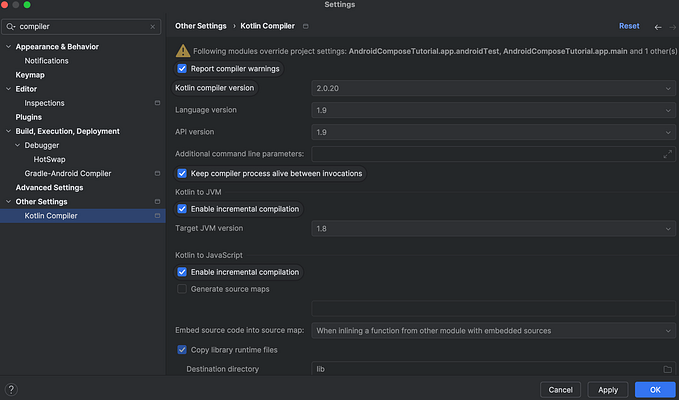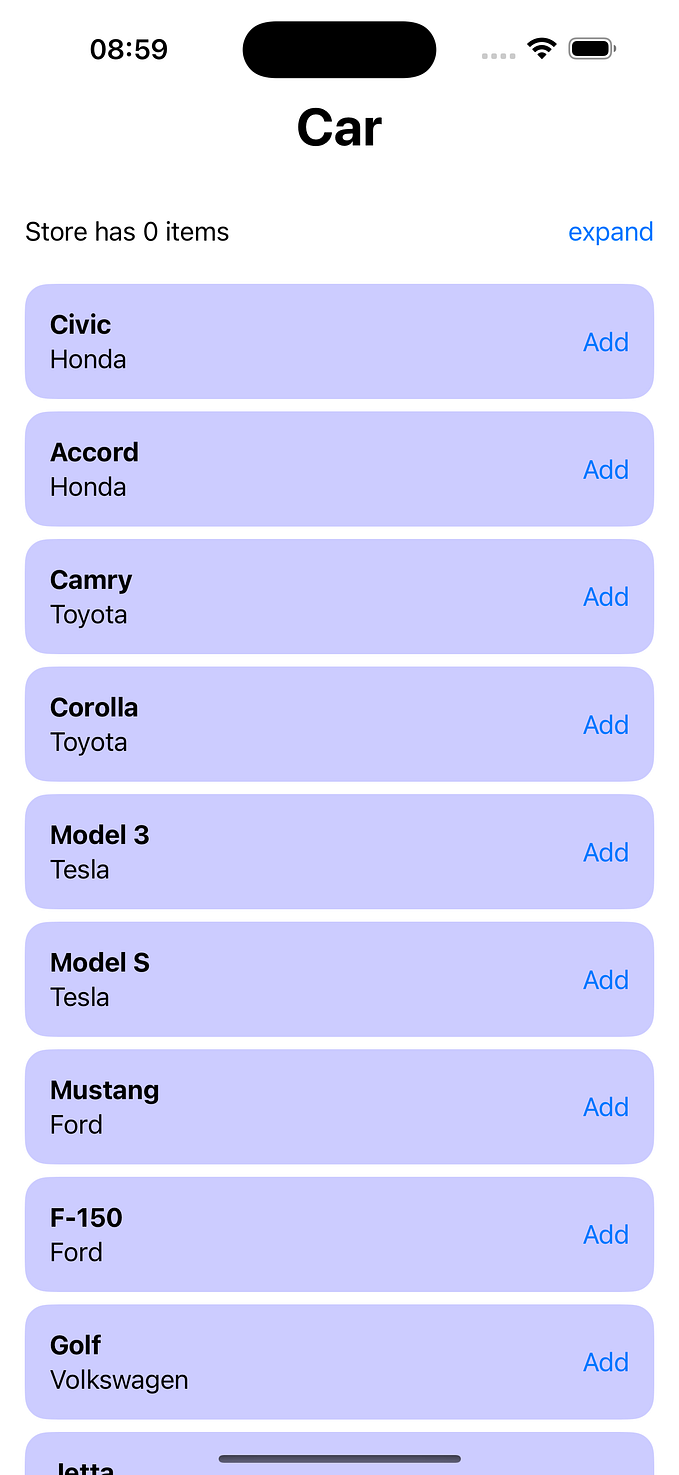Soft Assertion with kotlin-power-assert
The kotlin-power-assert Kotlin compiler plugin is great (I may be biased as its author) as it enables diagramming of assert function calls. As the plugin grows and matures I’m discovering new use cases. One I wanted to try is the idea of soft assertions which many assertion libraries support. Let’s take a look quickly at an example of verifyAll from the Spock Framework.
def "offered PC matches preferred configuration"() {
when:
def pc = shop.buyPc()
then:
verifyAll(pc) {
vendor == "Sunny"
clockRate >= 2333
ram >= 406
os == "Linux"
}
}The example above is straight from the documentation and demonstrates verifying multiple properties of a class at a single time. The nice thing here is that all failures will be reported, not just the first one. This avoids needing to run the test multiple times, discovering the next failed property after fixing the previous failed property. The verifyAll function gathers each failed assertion and only throws an exception when the scope closes.
Complex Boolean Expressions
kotlin-power-assert allows complex boolean expressions to be diagramed but this requires support for short-circuiting. This is because smart casting allows some interesting boolean expressions like the following.
assert(jane != null && jane.firstName == "Jane")# Example failure
java.lang.AssertionError: Assertion failed
assert(jane != null && jane.firstName == "Jane")
| |
| false
null
So if multiple properties of a class are included as a single boolean expression, kotlin-power-assert will only diagram up to the first failure.
assert(jane.firstName == "Jane" && jane.lastName == "Doe")# Example failure
assert(jane.firstName == "Jane" && jane.lastName == "Doe")
| | |
| | false
| John
Person@765cb1b3
If the Person class had a better toString() function or was a data class that might solve this specific problem, but this exposes a general problem that needs solving.
Scoped Assertion
Creating something similar to Spock’s verifyAll with Kotlin and the kotlin-power-assert compiler plugin is very simple and only takes a few dozen lines of code. Kotlin supports the same higher-order function syntax as Groovy and kotlin-power-assert adds diagrammed assertion support. Here’s all it takes:
typealias LazyMessage = () -> Any
interface AssertScope {
fun assert(assertion: Boolean, lazyMessage: LazyMessage? = null)
}
private class SoftAssertScope : AssertScope {
private val assertions = mutableListOf<Throwable>()
override fun assert(assertion: Boolean, lazyMessage: LazyMessage?) {
if (!assertion) {
assertions.add(AssertionError(lazyMessage?.invoke()?.toString()))
}
}
fun close(exception: Throwable? = null) {
if (assertions.isNotEmpty()) {
val base = exception ?: AssertionError("Multiple failed assertions")
for (assertion in assertions) {
base.addSuppressed(assertion)
}
throw base
}
}
}
fun <R> assertSoftly(block: AssertScope.() -> R): R {
val scope = SoftAssertScope()
val result = runCatching { scope.block() }
scope.close(result.exceptionOrNull())
return result.getOrThrow()
}A sample of this was added to the kotlin-power-assert library in version 0.5.3 which fixed a bug when transforming member functions. Now you can write the following in your test!
val jane: Person = ...
assertSoftly {
assert(jane.firstName == "Jane")
assert(jane.lastName == "Doe")
}Soft assertions can help pin point all failures with a single test run. kotlin-power-assert can help diagram those failures and make them easier to triage. Give them both a try and see how they work for you!






